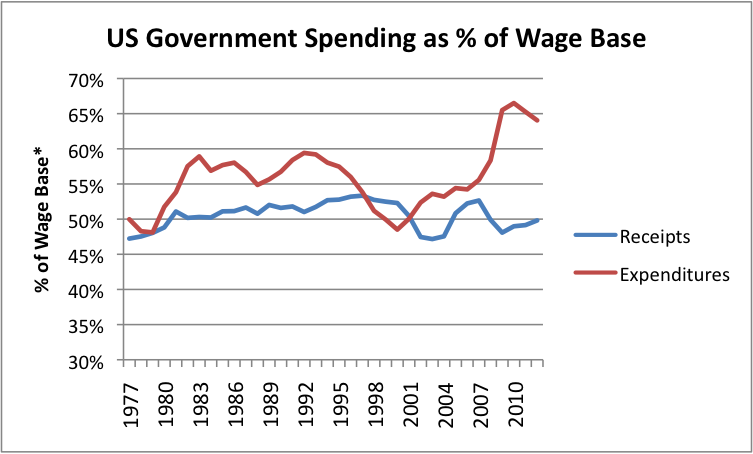Recession financial definition of recession
Post on: 6 Июль, 2015 No Comment

recession
An extended decline in general business activity. The National Bureau of Economic Research formally defines a recession as three consecutive quarters of falling real gross domestic product. A recession affects different securities in different ways. For example, holders of high-quality bonds stand to benefit because inflation and interest rates may decline. Conversely, stockholders of manufacturing firms will probably see company profits and dividends drop.
Case Study After nearly a year of falling commodity prices, rising unemployment, increasing personal and corporate bankruptcies, falling stock prices, and declining public confidence, the National Bureau of Economic Research made it official and on November 26, 2001, declared a recession. The announcement wasn’t a surprise to hundreds of thousands of people who had lost their jobs and an even greater number of investors who had experienced substantial losses in the stock market. The bureau’s Business Cycle Dating Committee of six academic economists determined the recession commenced in March 2001, when economic activity stopped growing. Although many economists use declines in gross domestic product to define a recession, the NBER Dating Committee examined employment, industrial production, manufacturing and trade sales, and personal income. The country’s last previous recession lasted eight months and ended in March 1991. The subsequent ten-year period of uninterrupted growth between March 1991 and March 2001 was the longest in America’s history.
Recession.
Broadly defined, a recession is a downturn in a nation’s economic activity. The consequences typically include increased unemployment, decreased consumer and business spending, and declining stock prices.
Recessions are typically shorter than the periods of economic expansion that they follow, but they can be quite severe even if brief. Recovery is slower from some recessions than from others.
The National Bureau of Economic Research (NBER), which tracks recessions, describes the low point of a recession as a trough between two peaks, the points at which a recession began and ended — all three of which can be identified only in retrospect.
The Conference Board, a business research group, considers three consecutive monthly drops in its Index of Leading Economic Indicators a sign of decline and potential recession up to 18 months in the future. The Board’s record in predicting recessions is uneven, having correctly anticipated some but expected others that never materialized.
recession
Technically, two successive quarters of falling gross domestic product as judged by the National Bureau of Economic Research, a private nonprofit, nonpartisan research organization founded in 1920.Commonly,a time of general economic slowdown.
Recession
What Does Recession Mean?
A prolonged decline in activity across the economy that lasts longer than a few months; recessions have a negative impact on industrial production, employment, real income, and wholesale-retail trade. Technically, a recession is said to have occurred when there have been two consecutive quarters of negative economic growth as measured by a country’s gross domestic product (GDP).
Investopedia explains Recession
Recession is a normal (albeit unpleasant) part of the business cycle; however, one-time crisis events can often trigger the onset of a recession. A recession generally lasts from 6 to 18 months. Interest rates usually fall are lowered in recessionary times to stimulate the economy by offering cheap rates at which to borrow money.














